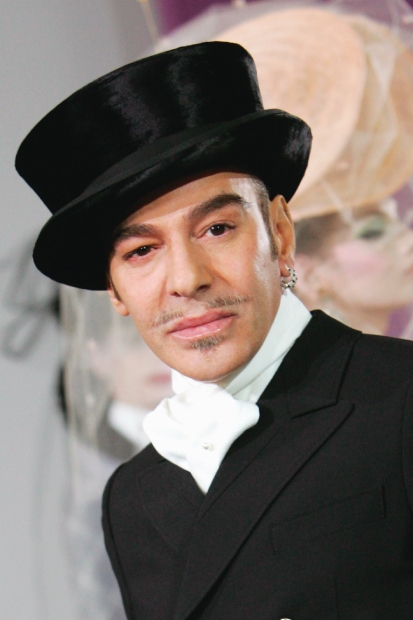It’s a curious subject, fashion, and those who write about it rarely want to jeopardise future access to it on the altar of clear-eyed analysis. The business must pretend that there is a single genius at work here, whose vision creates not just clothes but the things that actually make the money. The catwalk shows are all very well, but they haven’t been the main business for decades, and it came as rather a surprise to the industry when a great mob of new customers emerged from nowhere, the wives of Russian oligarchs and American hedgefund traders, willing to spend six-figure sums every season on a new wardrobe.
The primary source of income is, of course, not just the ready-to-wear — often perfectly standard products of Asian garment manufacturers with a celebrated European name emblazoned on them — but the spin-offs. Handbags, perfumes, shoes, jewellery, accessories, scarves and watches are all accompanied by excitable PR commentaries assuring the punter that some kind of quality or vision is being served up with the famous name.
These things are important. You may not have the looks, figure or money to buy clothes with the magic label, but no one is too fat or old to wear perfume of a particular brand. The market for tat is more or less unlimited. This sort of business has been going on for decades. One of the only licensing proposals that Yves Saint Laurent turned down in the 1970s was for car tyres.
The key point is that the person who was christened with one of these now world-famous names must be the one whose vision determines the ‘flavour’ of every product. In some instances, the PR campaign appears the only thing connecting the two; as an amateur of perfume, I’ve often been amused by some trifling piece of pink sugary florals bearing the name of a supposedly dangerous fashion radical.







Comments
Join the debate for just £1 a month
Be part of the conversation with other Spectator readers by getting your first three months for £3.
UNLOCK ACCESS Just £1 a monthAlready a subscriber? Log in